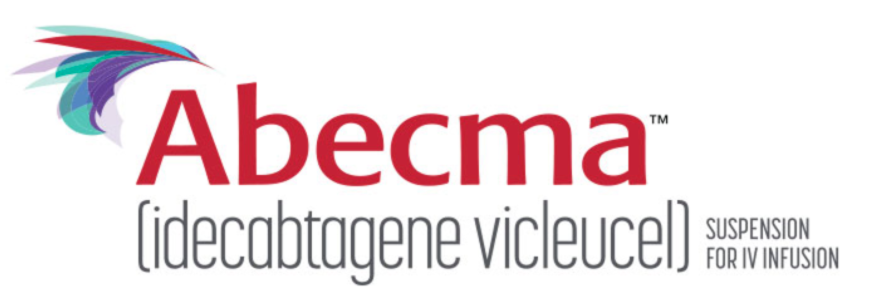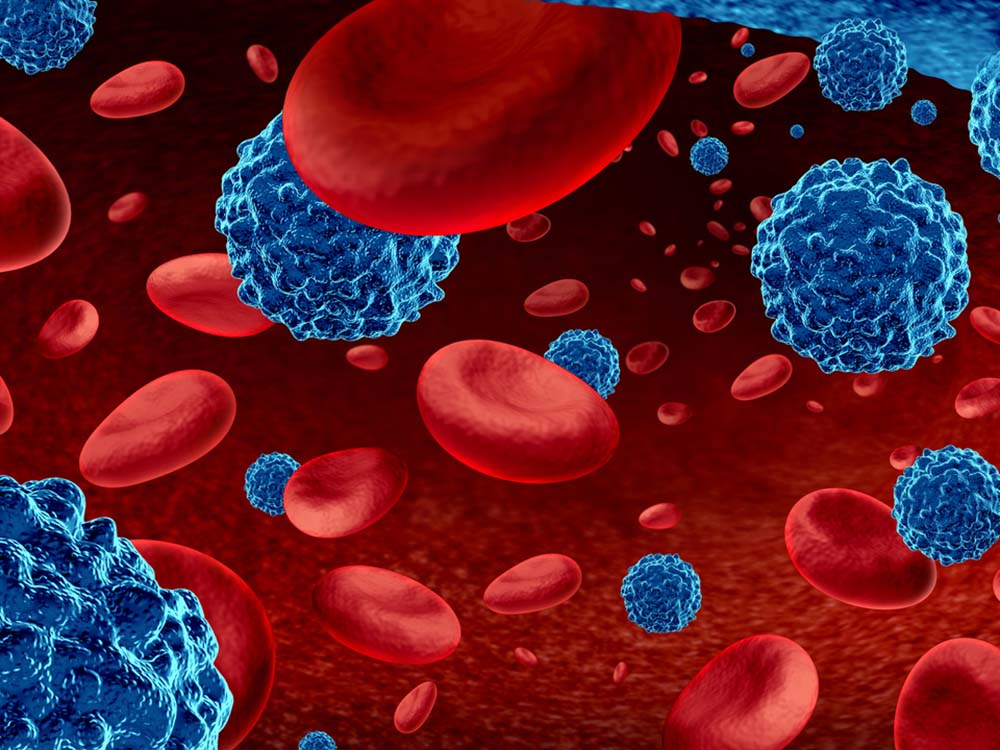
The CAR T-cell therapy Abecma (idecabtagene vicleucel) is currently approved for treating multiple myeloma after at least four other attempts with other therapies failed.
While this approval has helped many patients with multiple myeloma, the current approval guidelines require a lengthy process before patients can receive the therapy. Many patients don’t survive four rounds of failed therapy to reach the point when Abecma becomes an option.
A new study tested using Abecma earlier in the treatment process – with promising results.
Bristol Myers Squibb (BMS) announced interim results of the phase 3 trial KarMMa-3, which tested Abecma after 2-4 attempts with other therapies. Bristol Myers Squibb, the manufacturer of Abecma, collaborated with 2seventy Bio, Inc. on the trial. The results show that using Abecma earlier – rather than having to wait until after trying four attempts with other therapies – may help patients with multiple myeloma live for longer.
What is multiple myeloma?
Multiple myeloma is a cancer that forms from a type of white blood cell called a plasma cell. Healthy plasma cells make antibodies to fight off infections. These antibodies recognize and attack germs. When plasma cells are cancerous, they group together in bone marrow.

Abecma became the first CAR T-cell therapy approved for multiple myeloma on March 26, 2021. CAR T-cell therapy involves taking out patients’ T cells and modifying them with a chimeric antigen receptor (CAR).
This unique receptor focuses the T cells on a specific protein expressed on the cancer. The enhanced T cells are delivered back into the patient’s body.
The FDA’s approval required at least four lines of therapy before patients could be treated with Abecma. These four lines require patients receiving a combination of the following types of treatment:
- An immunomodulatory agent (a drug that alters the immune response to a disease)
- A monoclonal antibody
- A proteasome inhibitor (drugs that block proteasomes, which are cellular complexes that break down proteins)
Carvykti® (ciltacabtagene autoleucel) was approved earlier this year as the second CAR T-cell therapy for multiple myeloma. Carvykti’s approval also requires at least four lines of therapy before patient use.
How Abecma outperformed other treatment options for multiple myeloma
Bristol-Myers Squibb compared Abecma to other standard multiple myeloma treatments, like chemotherapy or a monoclonal antibody. This particular cancer cell and gene therapy outperformed in two important survival metrics: progression-free survival and overall response rate. Specific results from the interim analysis were not available in the press release from BMS.
“Results from the KarMMa-3 study clearly demonstrate the clinical benefit of using a CAR T-cell therapy earlier in the multiple myeloma treatment paradigm,” said Anne Kerber, senior vice president for the head of Cell Therapy Development at Bristol Myers Squibb.
These results give hope that the U.S. Food and Drug Administration may amend its approval of Abecma to allow for earlier use among multiple myeloma patients.
Alliance for Cancer Gene Therapy’s mission is to fund innovative science that is focused on harnessing the power of cell and gene therapy to transform cancer treatment and drive momentum toward a cure. Part of the Alliance’s work is publishing news about the progress of cell and gene therapy.
Alliance for Cancer Gene Therapy sends a monthly email newsletter to subscribers. This newsletter has a roundup of the most recent articles published on the Alliance’s website along with other websites in the scientific community. If you’d like to stay informed about how cell and gene therapy is transforming cancer treatment, please sign up for our monthly email and other digital offerings.



